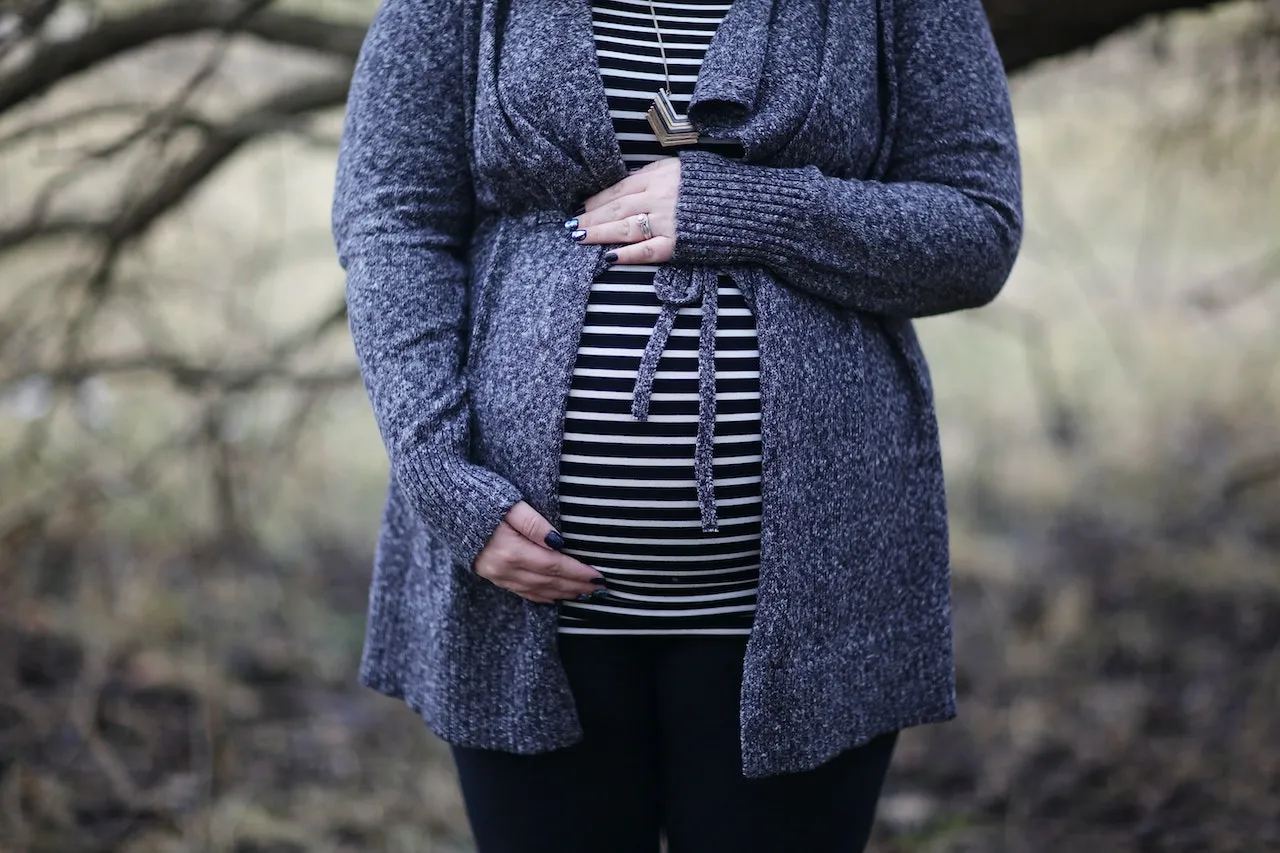Key Takeaways
During pregnancy, which is known as the prenatal period, women generally have many medical appointments and are well supported with health information. Often, the focus is on a healthy pregnancy for the sake of the growing baby. The postnatal or postpartum period, which is the six to eight week period after giving birth, is less well supported medically for mothers.
According to the American College of Obstetricians and Gynecologists, up to 40% of women don’t attend a postpartum visit after delivering a baby. If women do attend a postpartum visit focused on themselves and not solely the baby, the first visit is typically 4-6 weeks after delivering a baby.
On top of healing from the demands of childbirth and possibly surgery, postpartum women are navigating major changes in their bodies and hormones while also managing a brand new baby’s nutrition needs with frequent feedings. A postpartum dietitian can help you and your body as you heal from childbirth, ensure you’re meeting all of your nutrient needs, and focus on the specific nutrition you need to help your baby grow and thrive if you’re breastfeeding. Instead of only focusing on the baby’s nutrition and growth needs, a postpartum nutritionist can help you focus on your own health and wellness.
If you’re looking for more support in the postnatal period, speak with a Nourish postpartum dietitian today.
{{splash}}
Why Should I Work with a Postpartum Dietitian Nutritionist?
After giving birth, the focus is often on the care of the baby instead of the mom and the baby, especially if a baby is born early, struggling to feed, or has other special health care needs.
However, in the Listening to Mothers survey of 2400 women who gave birth to single babies in U.S. hospitals, 37% of mothers reported that “their postpartum physical health interfered at least “some” with their ability to care for their baby.” Mothers deserve good care after delivering a baby, and taking good care of their own physical health may help them take better care of the baby.
A postpartum dietitian can help provide:
- Personalized nutrition recommendations for recovery from childbirth from a nutrition expert. During a nutrition visit, the focus is on your nutrition and wellness. Nutrition concerns are not included only as a brief side note, as sometimes happens in conversations with other medical providers.
- Support during a vulnerable time. You can share your nutrition concerns with a knowledgeable expert to make sure you’re getting accurate information and support that you don’t have to second guess.
- Reassurance that your baby is receiving enough nutrition from you if you’re breastfeeding. A postpartum dietitian can also help you find strategies to help support an adequate milk supply. Overall energy needs are higher while breastfeeding and it can be difficult to meet your energy needs, especially if your baby has allergies or intolerances that require you to eliminate some food groups.
- Information on eating a balanced and supportive diet to help you feel better and recover. During this time, women are often low on energy due to fatigue from delivery and lack of sleep, and a registered dietitian can help you think through meal plans and/or snacks for postpartum and breastfeeding that will be easy, balanced, and satisfying when you’re short on time and energy.
- Reassurance that you’re meeting your own micronutrient needs while you’re recovering, based on your health status before and after delivery. Not all women need a supplement or multivitamin, and dietary supplements for women vary in the nutrients they provide.
- Strategies for limiting or excluding caffeine and alcohol. For women who are lactating, alcohol and caffeine guidelines are more strict than for the general population.
- Guidance on timing and choosing baby’s first complementary foods in the future, which is especially important if you’re breastfeeding exclusively.
{{local}}
Top Nutrition Concerns During Postnatal Period
A well balanced diet is important for all life stages, but especially important during healing processes, such as after delivering a baby. There are many nutrients of concern in the period after having a baby, but not all women should continue to take a prenatal multivitamin or other dietary supplements during the postnatal period. The use of supplements should be individualized based on your particular needs and health history. A dietitian skilled in postnatal nutrition care can help guide you on this.
In the postpartum period, the following nutrients are particularly important:
Choline
Choline is essential for metabolism. It’s an important nutrient for pregnant and lactating women but many women don’t meet recommended amounts. A dietitian can help recommend foods or supplements to meet these needs.
Iron
Iron needs vary depending on your iron status during and after pregnancy, so an individual approach is best to determine if you require a supplement. Anemia is common during pregnancy and blood loss during childbirth can worsen or cause anemia. Breastfeeding may also alter your iron needs.
DHA
DHA is an abbreviation for docosahexaenoic acid. This is an omega 3 fatty acid that is found in the brain and retina of infants. Supplements are typically derived from fish but vegan options are available. Breastfeeding women can take these supplements to help boost the amount of DHA that transfers to the baby in breast milk. It’s not an essential supplement but has some potential benefits. A dietitian can help guide you on which option to choose and how much to take.
{{splash}}
Conditions that May Require Extra Support From a Postnatal Dietitian
While any person in the postnatal period after delivering a baby might need support from a postpartum dietitian, the following groups may need specialized and personalized help due to associated nutrition concerns:
- Nursing or lactating women
- Vegetarians and vegans
- Women who had a cesarean or “c-section”
- Twin or multiples pregnancies
- Women who have had frequent pregnancies or plan to become pregnant again soon
- Those who are suffering from postpartum depression, anxiety, or other mood disorders
- Women with chronic health care conditions, which includes blood pressure problems, diabetes, thyroid issues, and kidney disease
The Bottom Line
Women often have unique and personal nutrition needs that are sometimes overlooked after giving birth to a baby. During the period after childbirth, a postpartum or postnatal dietitian nutritionist can help guide and support your recovery. With help from a dietitian, you’re more likely to make sure your individual needs are met with personalized nutrition advice and support. If you’re looking for more support in the postnatal period, speak with a Nourish postpartum dietitian today.
Find a dietitian near you that accepts insurance using Nourish.
Do you have any of these insurances?
Why Join Nourish's RD Network



































